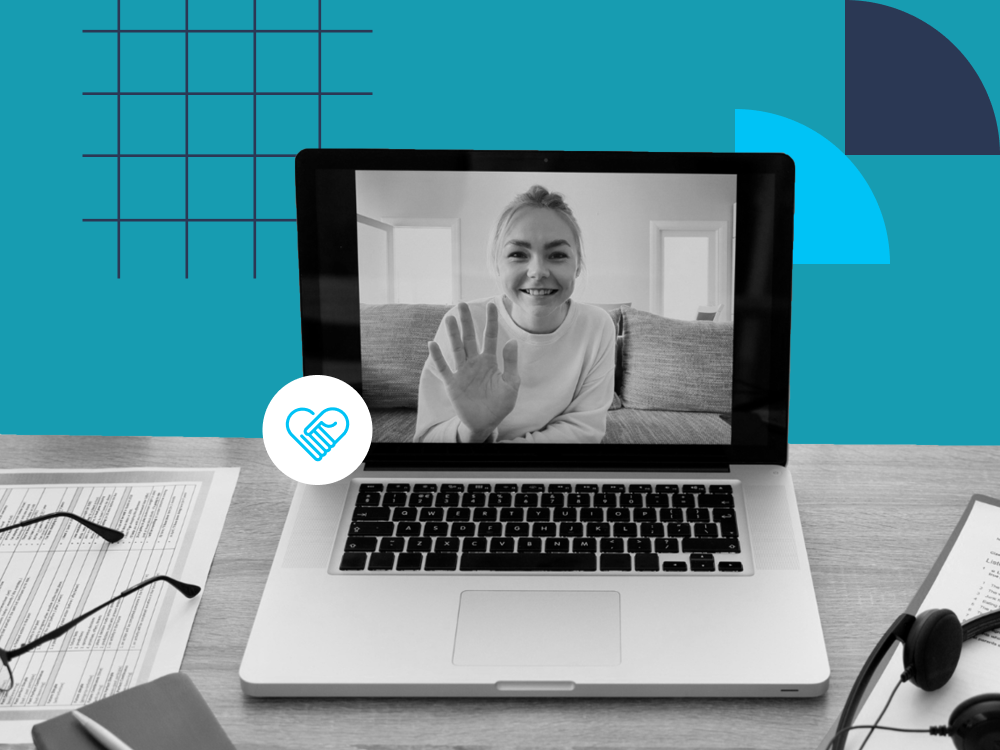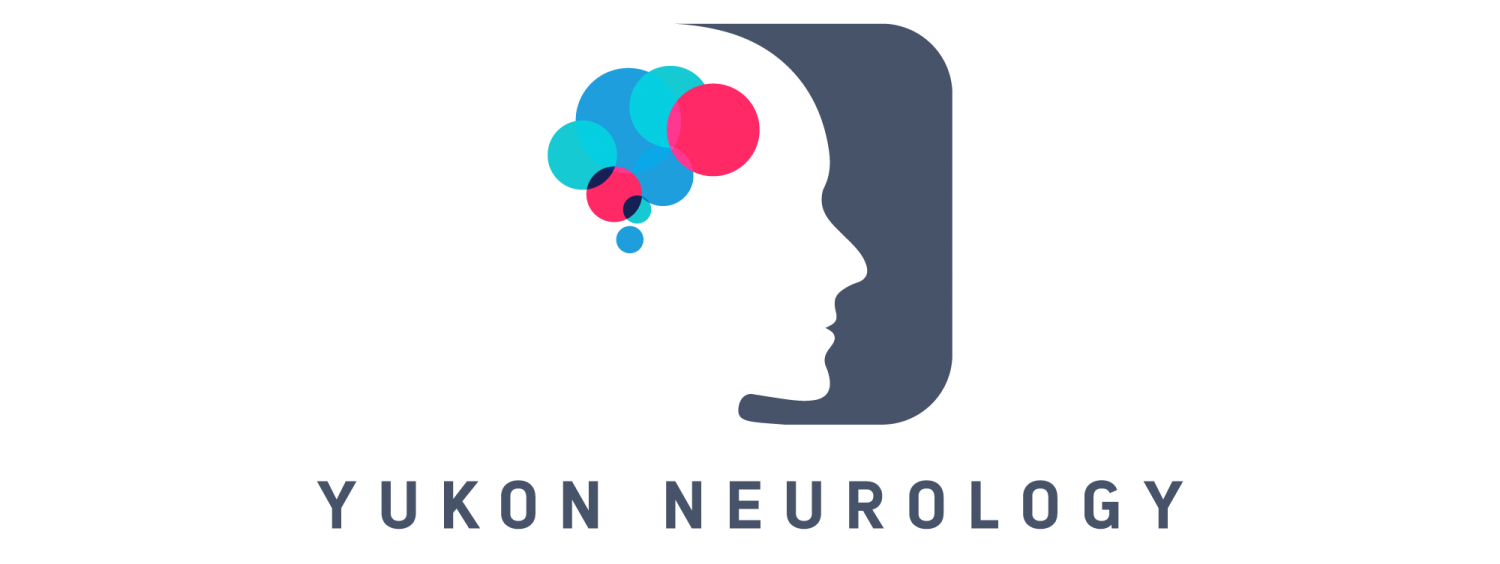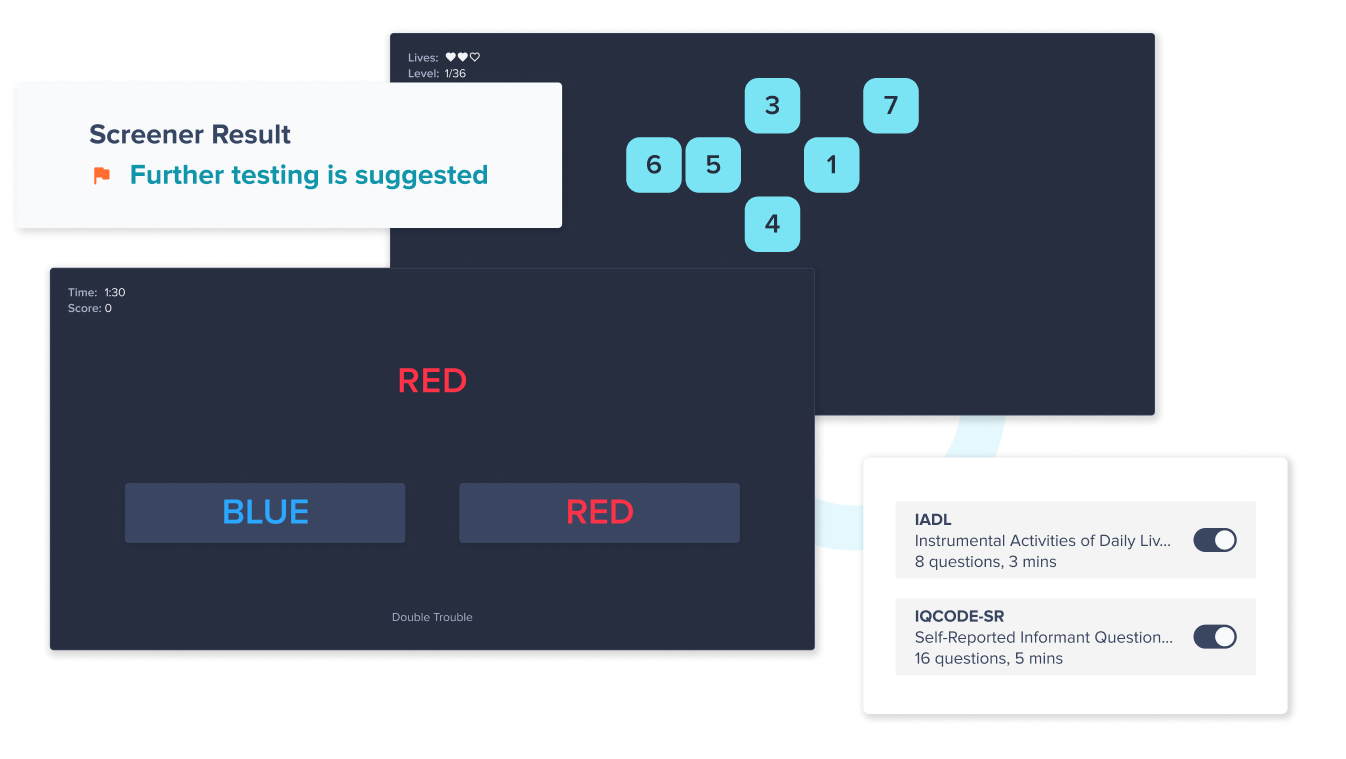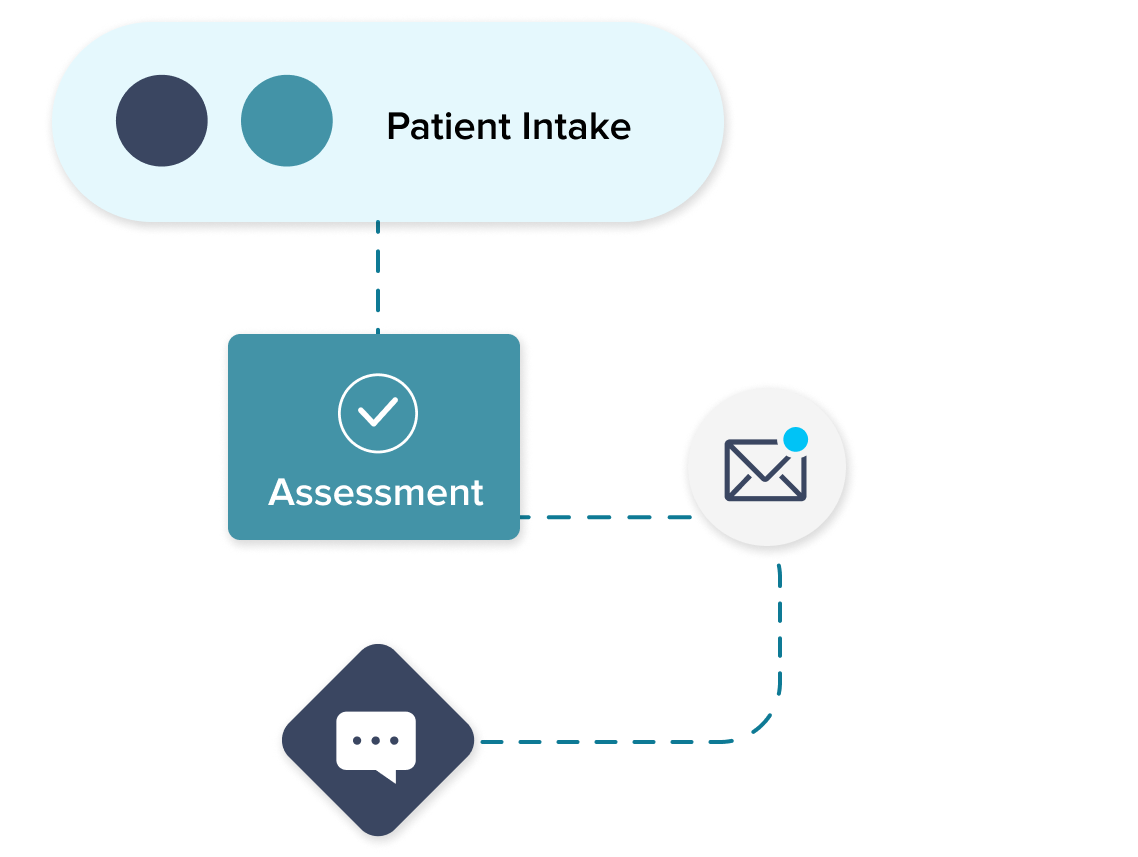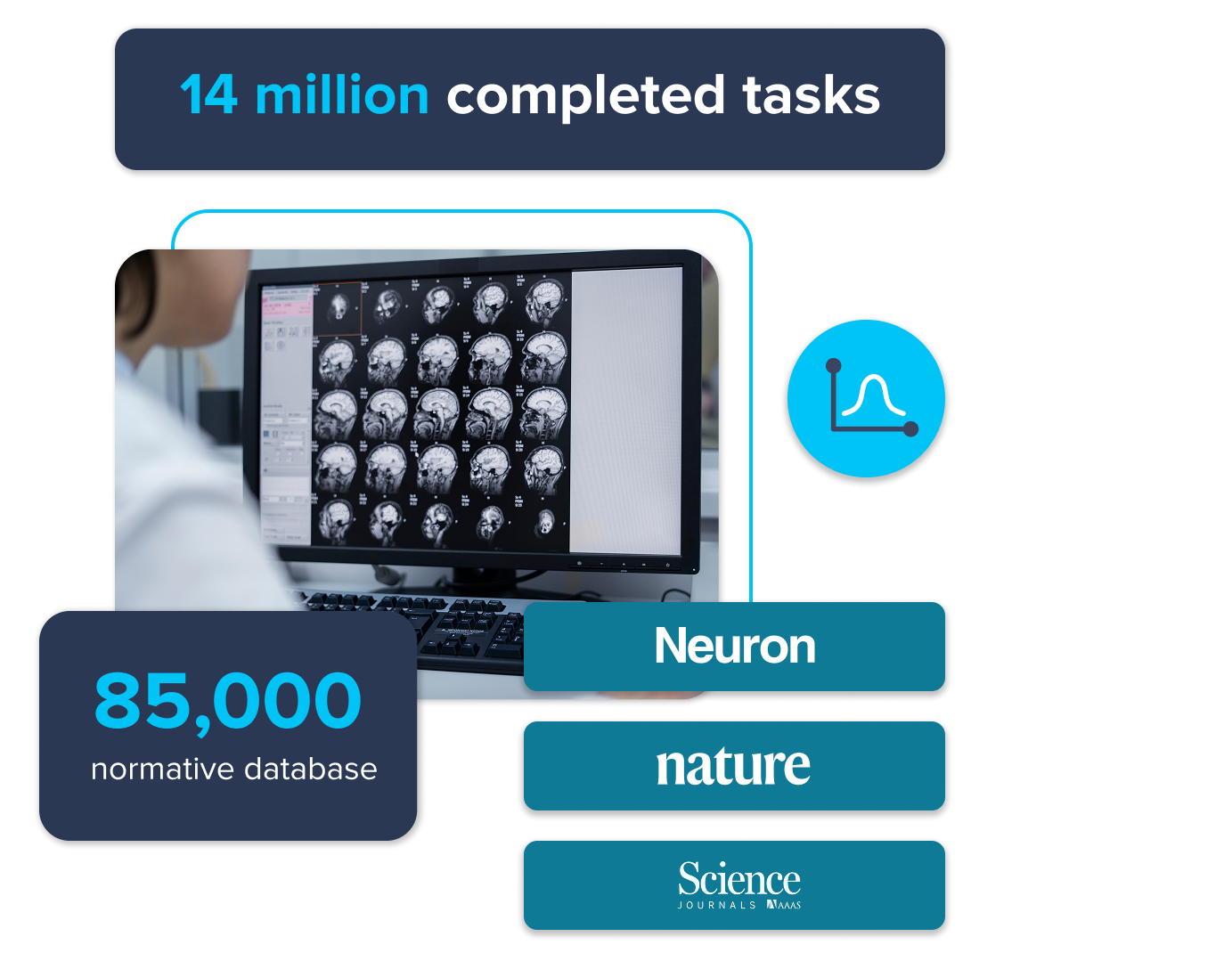The Creyos normative database comprises data from over 85,000 research participants worldwide, making it one of the largest and most comprehensive cognitive assessment databases available. Initially developed through a large-scale public study published in Neuron, individuals completed a series of 12 online cognitive tasks designed to evaluate various aspects of human cognitive ability.
The database includes more than 14 million task scores. Participants provided demographic information, including age and gender, allowing for the creation of normative comparisons across different age groups, starting from age 6 and up. Gender is also considered in comparative analyses, although it can be omitted to compare a patient to all genders within the same age group
The resulting dataset is considered to represent a generally healthy population, although some health conditions not related to intellectual disability may be present in proportions similar to the general population.
In summary, the Creyos normative database is a robust, scientifically validated resource that enables healthcare providers to compare individual cognitive assessment results against a large, diverse, and well-characterized population. This facilitates accurate interpretation of cognitive performance across various demographic groups.
